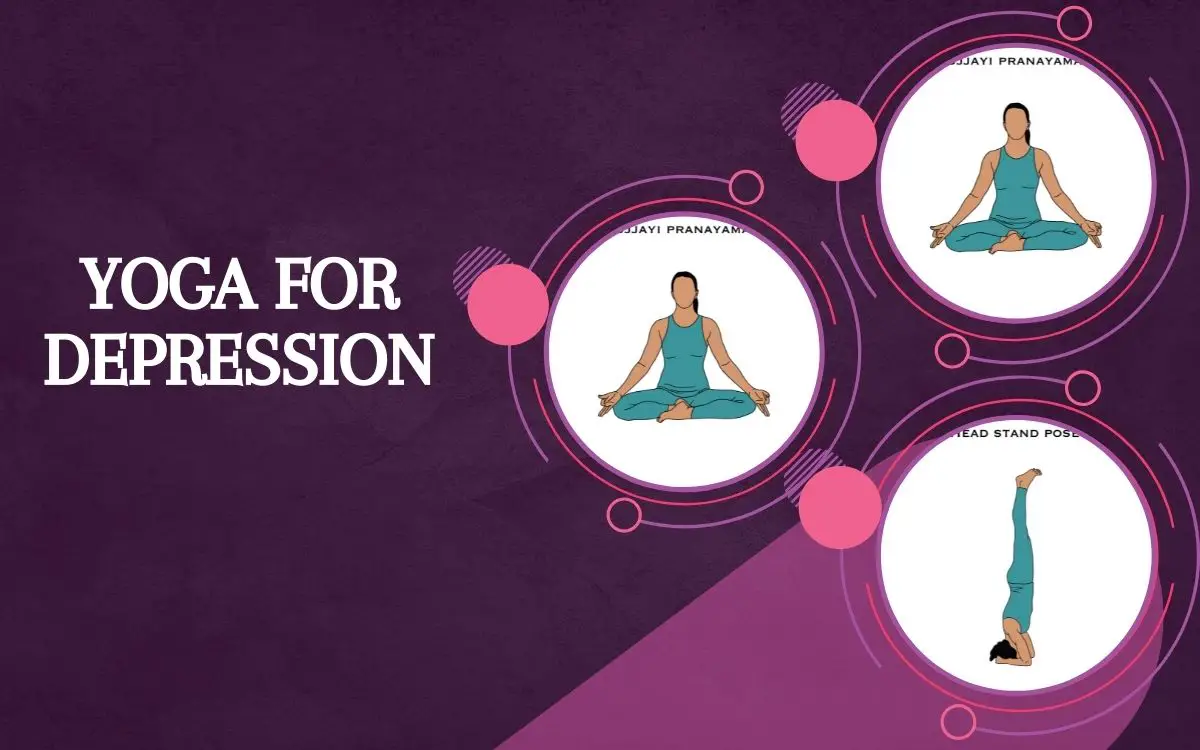How to Prevent Your Ego from Running Your Life
“The ego is not master in its own house.” ~Sigmund Freud What does that mean? If the ego is not in charge, who is? Before diving deeper, let me tell you this story. That Little Voice Again My jaw...


“The ego is not master in its own house.” ~Sigmund Freud
What does that mean? If the ego is not in charge, who is?
Before diving deeper, let me tell you this story.
That Little Voice Again
My jaw tightened, and I couldn’t sit still. Anyone could see that the conversation was heading south. As I was fiddling with my car keys, a little distracted, a very distinct, persistent little voice pushed me to interrupt my sister.
Go ahead. Say it! Make her stop talking!
Like a broken cassette, the words you are wrong kept looping in my head. Honestly, I wasn’t even listening to her anymore. Her ideas were absurd, and I just wanted her to stop talking.
Unable to bite my tongue any longer, I slapped my hand on the table and said, “You are wrong!”
Moments later, we were at each other’s throats, and the inevitable He Said, She Said happened.
Little did I know that that was my ego talking.
In today’s spiritual circles, many wars have been waged against the ego. Any problem you have, they tell you to blame it on the ego and destroy it.
The monster under the bed. The stuff of nightmares. Right?
But what is the ego? Is it really the evil it’s made out to be? Was Freud right?
The Ego is the House of the Self
I like to think of the ego as the House of the Self, much like the distinct Houses of Stark, Lannister, and Targaryen in Game of Thrones.
And the self is your identity, or all the things you identify with.
From thoughts to things, it’s basically anything you’ve labeled me, my, and mine.
As the distinguished spiritual teacher Eckhart Tolle put it:
“Ego is no more than this: identification with form, which primarily means thought forms.”
When you identify with any thought, for example, “my name,” “my things,” “my feelings,” or “my ideas,” you give birth to the ego.
Why Does the Ego Exist?
Without the ego or a sense of self, you cannot survive.
If you can’t tell “what’s you” and “what’s not you,” everything blends together like one big mess. You wouldn’t be able to separate yourself from a tree, a car, another person, or a gun.
Without a sense of self, you can easily walk into traffic, run into a knife, get chased by an animal, touch a live wire, or find yourself in all kinds of danger.
So, yeah, the ego has one job—to keep you alive.
It will always protect you from what it perceives as a threat, just as a scorpion will always sting when provoked. You could say that the ego is doing you a service by preserving the individual ‘you’ at all costs.
Like a dragon guarding its treasure, it will always defend what you identify with and reject anything that threatens your identity.
Why do you think my ego kept nudging me to interrupt my sister during our chat?
Same reason.
Hence the expressions I am right or you are wrong.
Why Does the Ego Have a Bad Reputation?
Like everything else, the ego is a neutral tool. It becomes “good” or “bad” based on how it is used.
There are two possible reasons for its not-so-bright reputation.
The first reason is duality.
In the words of author and New Thought leader Teal Swan:
“The ego wants to distinguish itself. It wants to be things like good, right, better, superior, and more. There is nothing inherently wrong with this drive.”
By distinguishing “you” from “not you,” you create duality or separation.
Separation between spirit and matter, seen and unseen, man and fellow man.
This is not a bad thing. But staying in duality without seeing the bigger picture (of oneness and interconnectedness) can lead to judgment, fear, and suffering.
For example, when you look at life through the lenses of “good/bad,” “right/wrong,” “acceptable/unacceptable,” “clean/dirty,” etc., you experience separation and cut yourself off from the vast oneness of life.
Or when you judge people as “bad,” “wrong,” “sinful,” or “evil,” you let the ego take the upper hand and control you. This is literally the root cause of all division in the world—separations based on color, economic status, race, and religion.
Even when you judge parts of yourself as “bad,” “ugly,” “wrong,” or “sinful,” you reject big chunks of yourself. In fact, you disconnect from your shadow self and become more and more dysfunctional as a person.
The second reason is attachment.
The Buddha nailed the hammer on the head when he said that attachment is the root of all suffering. This piece of wisdom goes back thousands of years and is the heart of the hydra.
This is what happens.
When you cling too tightly to your identity without chipping away at the parts that no longer serve you or without sculpting the pieces that need adjustment, you experience suffering.
When you stay in your comfort zone and refuse to engage in this (spiritual or psychological) never-ending cycle of death and rebirth, you experience suffering.
Or when you get attached to your thoughts and resist being open to change, again, you experience suffering.
In other words, as long as you identify with any of the contents of the House of Ego to the point where they drive you, you will experience needless suffering.
How Can You Work with the Ego?
This line of thinking has worked for me. It may help you too.
I am not the clothes I wear.
If something happens to them, say my boots get worn out or I no longer want them, I won’t have a problem discarding them and getting new ones because I am not my boots.
I found that the key is not to tear down or ‘transcend’ my ego, but to be detached from it.
Had I identified with the boots, I would’ve held onto them out of attachment, rejecting the idea of change, which would have caused me suffering in the long run.
But from this detached point of awareness, I gave myself the freedom to transform what needed transforming and experience positive change.
To be even more honest with you, I used to think that detachment meant carelessness or a lack of commitment to something or someone. Now I see it as acceptance in its highest form—acceptance of all things foreign, different, or unfamiliar.
So, when you detach from your identity, you become more accepting of things. This allows you to act from a place of empathy and create space for you, me, and everybody else to exist harmoniously.
Final Thoughts
You are not the ego. You have one. Everybody does.
Whatever you put in the House of Ego, from thoughts to things, shapes you as an individual and contributes to the development of the self. This is what makes up your human experience.
The best part is that the real you—the consciousness, or the immortal being that is really you—houses the ego, not the other way around.
So yes, Freud was right. The ego is not master in its own house. You are. And you can always keep the House of Ego in order by living a judgment-free life.
The more you welcome change from a place of loving awareness and recognize how everything is connected, the friendlier your relationship with the ego gets.
But hey, as the saying goes, your house, your rules.
![]()
About Moon Merthur
Moon Merthur is a channeler, holistic spiritual teacher, and founder of Gods and Mirrors. She loves bridging the human stuff with divine truths. If the high priestess fell in love with a mortal, she'd be their baby. You can read more about her on her website. If you enjoy spiritual topics and channeled messages, connect with her on Gods and Mirrors (YouTube). There may be something in there for you. ❣
See a typo or inaccuracy? Please contact us so we can fix it!

 ValVades
ValVades 
































